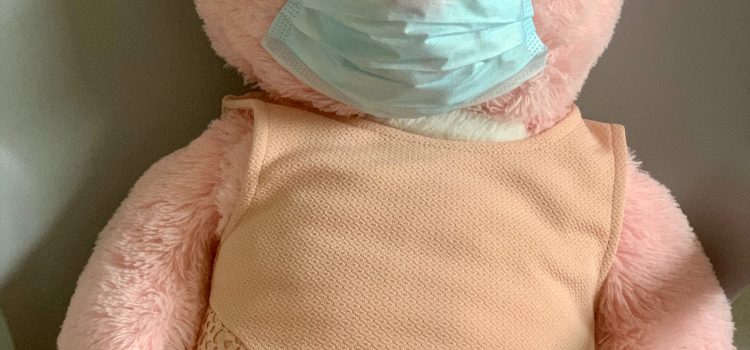
As the cold weather sets in, so does a common respiratory virus known as RSV. While it may seem like just another winter cold, RSV can be particularly dangerous for infants and young children. As parents, it’s important to know how to spot the signs of RSV and when to seek medical attention. In this blog post, we’ll dive into everything you need to know about RSV and how to keep your little ones healthy during flu season. So grab a warm cup of cocoa and let’s get started!
What is RSV?
RSV is a respiratory virus that can cause mild to severe illness in children and adults. It is most often spread through contact with respiratory secretions, such as saliva or mucus, from an infected person. RSV is most commonly seen during the winter months.
Symptoms of RSV include fever, cough, and shortness of breath. In some cases, RSV may lead to pneumonia (a serious lung infection). If you think you may have RSV, see your doctor immediately. Treatment generally includes antibiotics and rest.
Common Symptoms of RSV
RSV () is a respiratory virus that can cause fever, cough, and shortness of breath. RSV can also lead to bronchitis, pneumonia, and hospitalization. It’s most commonly spread through the air, but it can also be spread through close contact with an infected person or through contaminated objects. Symptoms of RSV typically start about two weeks after being infected and typically last for about a week. If you think you may have RSV, see your doctor immediately.
How to Avoid RSV
RSV is a respiratory virus that can cause severe respiratory illness in young children and adults. It’s especially dangerous for young children, who are more likely to have worse symptoms and may require hospitalization.
You can reduce your risk of getting RSV by following these tips:
avoid close contact with people who are sick (including family members, friends, and co-workers who are sick);
use a washable air filter in your home to reduce the spread of germs; and
get vaccinated against RSV if you’re at high risk (for example, if you’re pregnant or a baby, immunocompromised, or have an underlying health condition).
When to Seek Medical Attention for RSV
When to Seek Medical Attention for RSV
If you develop a fever of 100.4°F (38°C) or higher, severe breathing problems, or pneumonia, you should seek medical attention. RSV is a very common virus and can cause serious health complications if not treated promptly.
Conclusion
RSV is a highly contagious respiratory infection that can lead to pneumonia in very young children and adults, sometimes leading to even death. If you think you might have RSV, it is important to seek medical attention as soon as possible. By doing so, you can ensure the best chance of recovering fully from your illness and preventing any long-term health problems. Make sure to get vaccinated against RSV if you are up-to-date on your shots, and keep these tips in mind if you experience symptoms of RSV: stay hydrated, REST when infected, avoid contact with people who are sick, and seek medical attention ASAP!










